
Contents

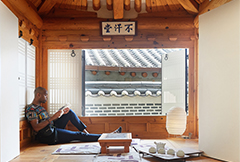


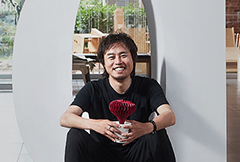
I Design, Therefore I Am
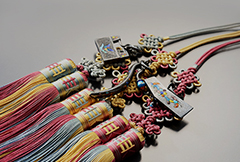
Just Enough in Every Way
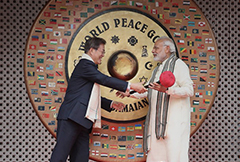

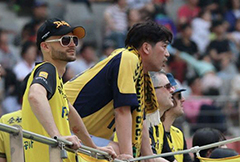
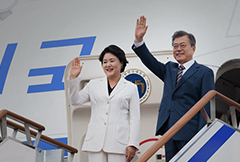

Supporting Local,
Going Global
My Experience Covering K League and Playing Soccer in Korea
More than any other experience I’ve had as a non-Korean, Korean soccer has helped me to see the world from a more genuinely global perspective. From playing on an international team representing nearly every corner of the Earth, to interacting with the diverse group of fans and players that make up K League, my adventure with the sport in this country has been nothing short of spectacular.
Written & photographed by Ryan Walters, K League United editor in chief
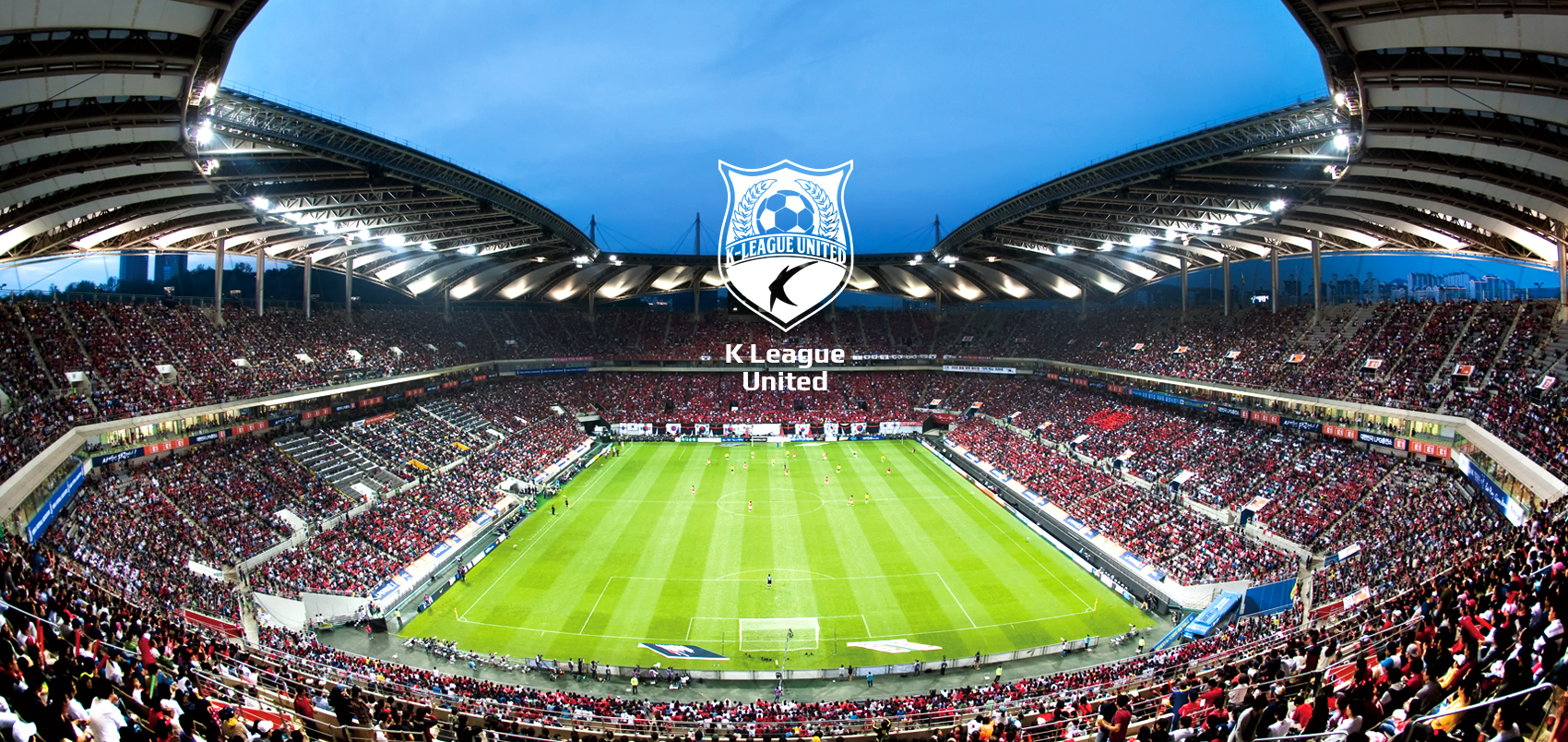 The Seoul World Cup stadium is filled with soccer fans. © imagetoday
The Seoul World Cup stadium is filled with soccer fans. © imagetodayThe Beautiful Game
I have played soccer, or football, my entire life. The first team I have any real memory of was my kindergarten co-ed team, the Penguins. To this day, I can picture the bright red shirts we wore and how, even as a 6-year-old, I found it extremely strange that a team named after an iconically black and white bird could wear such a vibrant color. I have no idea if we were any good. I don’t even remember which position I played. It didn’t matter then, and it certainly doesn’t matter now. What mattered then was the same principle that I believe brings people from every corner of the globe to the sport we affectionately call “the beautiful game”: creating a community. I thought I had an understanding of what that community was with countless teammates and friendships gained in my years playing the sport in the United States. However, it wasn’t until I moved to Korea’s Geoje Island that I learned the unifying power of the global game.
In spite of its absurdly beautiful mountainous coastlines and fascinating history of arts and heritage, I will always think of Geoje as the place where I truly fell in love with soccer and came to understand it as a universal language similar to music or math. It was on Geoje that I joined a local team made up of people from drastically different backgrounds, proudly representing their own countries and cultures, while also adapting to a new way of living within Korean society. We had players from 15 different countries spanning six continents, each proudly wearing a Korean flag on their arm while playing in a local league. Some had been in the country for years. Some, like me, could still measure their time abroad in days. In spite of these differences, everyone came together, centered on a sport that can seem so simple but that carries with it intricacies as vast as the life experiences of each of my teammates.
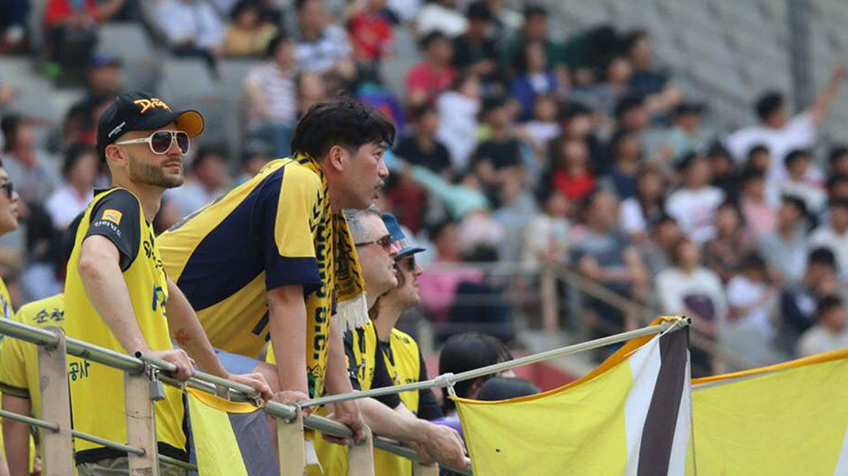 The author and other Dragons fans lead songs and chants in the supporters’ section at a Jeonnam Dragons Game.
The author and other Dragons fans lead songs and chants in the supporters’ section at a Jeonnam Dragons Game.Experiencing life abroad through the lens of soccer gave me my first real lessons in Korean society, and even helped to pick up a few phrases of the language. English was the team’s default language, but Korean was a close second. Being able to yell at a teammate left, right, center, press, pass or shoot in both languages was a necessity. These seemingly small, simple moments on the field grew steadily over time to become significant advantages in adapting to life in Korea, and they forever cemented the game’s place as a constant in my life.
Support Your Local
My passion for playing soccer turned to writing about it when I moved less than 10 minutes away from Gwangyang Football Stadium, home of the K League’s Jeonnam Dragons. I knew very little about the team before moving into their backyard, but have always firmly believed in the mantra “support your local.” I quickly donned the team colors and went to a game. A newcomer to a new area yet again, I leaned on soccer once more and through it found a sense of pride in my club and my city that I had yet to feel anywhere else.
While I would like to say that pride came from the Dragons’ performance on the pitch, that would be more than a slight exaggeration. They are far from the K League’s worst team, but they are equally far from being its best. Instead, it was the offfield activities that allowed me to connect to Korean society by comparing these drastically different experiences in Korea to my understanding of soccer in the United States. While the U.S.’s Major League Soccer has exorbitant ticket prices and ludicrously expensive concession stands, the K League has nominal ticket fees, and not only allows outside food and drink, but encourages it to make sharing with friends easier. That custom of sharing, something so ingrained in many Korean families that it can sometimes go unnoticed, is essential to the match day experience in the K League and is something that can ease the transition into life here.
Camaraderie between non-Koreans and Koreans are formed quickly and with a fierceness akin to children away at their first summer camp. Differences are cast aside in favor of cheering for the team and proudly standing for the community that team represents. It’s an infectious experience that immediately hooked me, and one that I decided to share with as many people as I could.
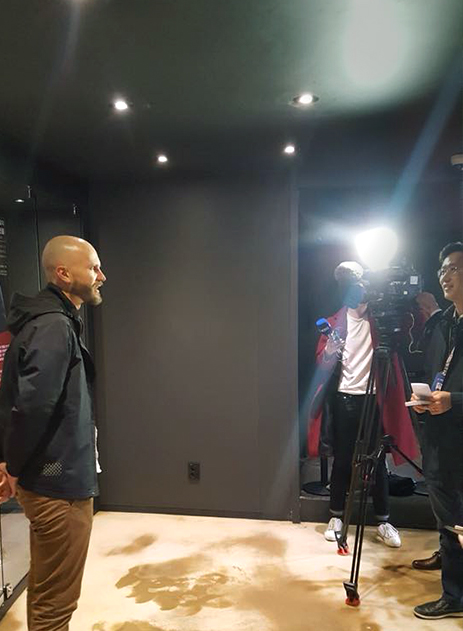 The author is being interviewed by KBS News at Seoul World Cup Stadium.
The author is being interviewed by KBS News at Seoul World Cup Stadium. During the author’s first interview with FC Seoul and K League legend Dejan Damjanović, they had the chance to play the official FIFA video game together.
During the author’s first interview with FC Seoul and K League legend Dejan Damjanović, they had the chance to play the official FIFA video game together.K League United
It took one Jeonnam Dragons game for me to start the website KLeagueUnited.com, a project I hoped to use to connect as many non-Koreans living in Korea as possible to their local teams and communities through a shared passion for soccer. While researching the league, I found numerous abandoned blogs from clearly passionate non-Koreans that did some great work covering their team or the entire league. The Korea & I section features contributions from non-Koreans who live and thrive in Korean society, and reflects their personal opinions about life and living here. The opinions expressed herein may differ from official opinions of the editors at KOREA magazine. However, as non-Koreans tend to do, many moved away and their hard work disappeared into the ether.
Inspired by the communal meals and overall sharing ideals within Korean society, I started KLeagueUnited.com to provide a central hub where people could gather to share their passion for the sport. The concept was to have one writer for every K League team, so they could focus on writing about their local club and their connection to it, instead of trying to cover the entire league on their own. With a more communal focus from the start, writers would be able to contribute to the site and know that their work will have a home to live on even if they leave the country.
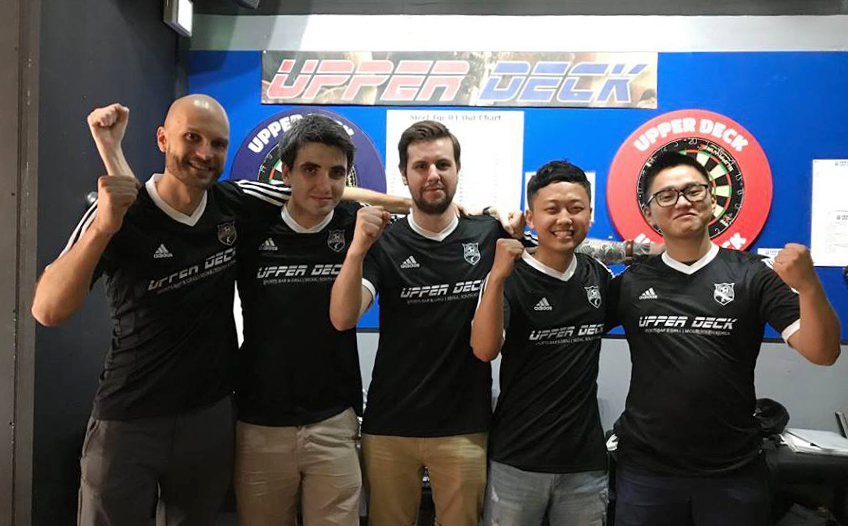 Staff and writers who focus on several different teams meet up during one of their first group viewings of a K League game.
Staff and writers who focus on several different teams meet up during one of their first group viewings of a K League game.This simple concept elicited a surprisingly immediate reaction, with multiple writers signing up after the very first post. Before the 2015 season ended, there were 10 of us covering our local club. More joined in 2016 and the site expanded with them. What started as match previews and reviews to give English-only fans some much-needed coverage of the league quickly spawned into a community nearly as diverse as that first soccer team I played on in Geoje. Writers from across the country started conducting player interviews, writing editorials on the league’s history, and opinion pieces on what makes the Korean version of the game unique. All of which was enjoyable in its own right, but also helped us connect to the club and the league representing our new home.
Now in the middle of the 2018 season with nearly 20 writers on staff, that original goal of creating a community centered around the K League remains, but I’m happy to say we have taken it international. We are now officially partnered with the K League and provide coverage for their Worldwide Live program, a live streaming service that provides one free match per week everywhere in the world. This partnership has allowed us to better tell the uniquely Korean story of this soccer league to a much wider audience while still keeping our feet firmly on the ground supporting our local soccer team.
The Global game
More than any other experience I’ve had as a non-Korean, soccer here has helped me to see the world from a more genuinely global perspective. From playing on an international team representing nearly every corner of the Earth, to interacting with the diverse groups of fans and players that make up the K League, my experience with the sport in this country has been nothing short of spectacular. As the world’s most popular game, there will undoubtedly be others with a similar story. However, the Korean way of sharing something cherished has encouraged me to do the same with this game I love. An ideology that has helped me interact with amazing people all across this country, and indeed this continent, regardless of language, age or any other perceived barriers. It’s an ideology I hope to continue to honor by sharing this sport and this league with as many people as I can.
The Korea & I section features contributions from non-Koreans who live and thrive in Korean society, and reflects their personal opinions about life and living here. The opinions expressed herein may differ from official opinions of the editors at <KOREA> magazine.
Other Articles





I Design, Therefore I Am

Just Enough in Every Way




Application of subscription
Sign upReaders’ Comments
GoThe event winners
Go


 August 2018
August 2018


